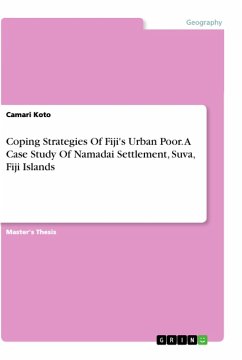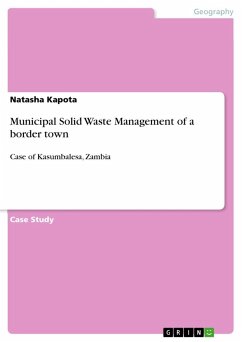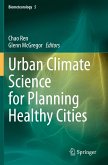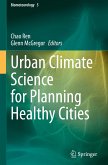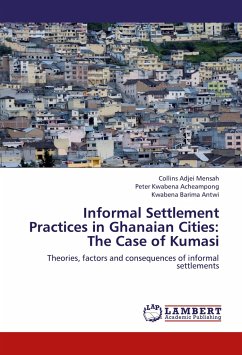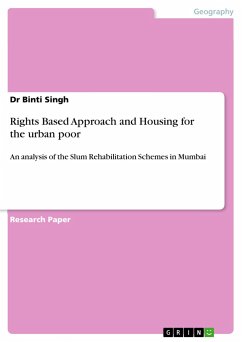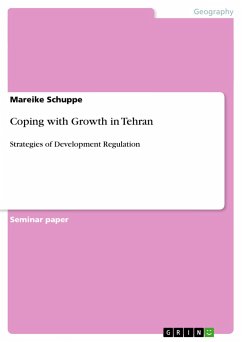Master's Thesis from the year 2008 in the subject Geography / Earth Science - Demographics, Urban Management, Planning, grade: 2.0, , course: School of Geography, language: English, abstract: This study uses the Sustainable Livelihoods Approach as a conceptual framework and explores livelihood practices of households in the squatter settlement of Namadai in Fiji's capital Suva. It highlights structures and processes that contribute to people's social vulnerability. The analysis and discussion provide a background of the socio-economic and demographic characteristics of the households under investigation. The study puts much emphasis on the practices, institutions and networks that support the people of Namadai to carry out their daily activities and secure their livelihoods. The study also provides insights into the upgrading and formalization of a squatter settlement, which are important applied aspects of community development in an urban context.A major finding of this study is that it shows how most of the poor households within Namadai's settlement utilize social networks to support their livelihoods. Only the poorest section of the community is not able to fall back to such Social Capital, which provides support and helps members of the community to secure their livelihood and to cope with difficult situations despite their disadvantaged economic status. The study presented not only gives insights into the people's assets, capabilities, and livelihood strategies, but it also draws attention on how state as well as non-state actors are able to support local communities in securing sustainable livelihoods.For the past few decades, Pacific Island countries have experienced an unprecedented process of urbanization, which leads to primate cities as single growth centers in most of the countries of the region. Along with this urbanization, most (if not all) Pacific Island countries have experienced the phenomenon of increasing urban poverty, which urgently needs to be addressed, and new ways to alleviate poverty are required. The grim reality of poverty, and various issues arising out of it, finds its expression also in the increasing numbers of squatter or informal settlements in Fiji's urban areas, in and around the capital Suva.
Hinweis: Dieser Artikel kann nur an eine deutsche Lieferadresse ausgeliefert werden.
Hinweis: Dieser Artikel kann nur an eine deutsche Lieferadresse ausgeliefert werden.

